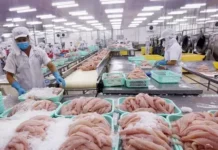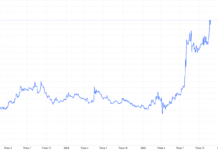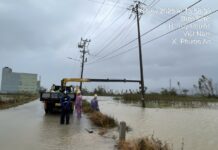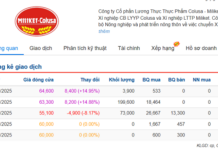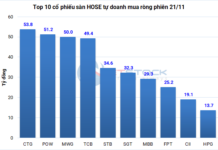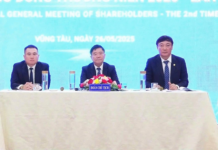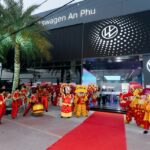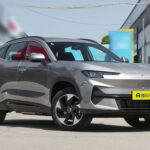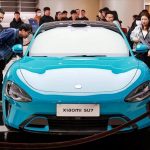Overseas buyers of Chinese electric vehicles (EVs) may soon feel the impact of stricter regulations on the country’s export activities.
Specifically, starting January 1, 2026, automakers and authorized enterprises will be required to obtain export licenses, mirroring the existing mechanism for hybrid and internal combustion engine vehicles produced in China.
The Ministry of Commerce has stated it will not tolerate illegal exports, where vehicles are shipped abroad without the necessary after-sales service infrastructure.
Scope and Export Management Requirements
Recently, China’s new energy electric vehicle industry has entered a high-quality development phase. EV exports have expanded continuously, becoming a crucial pillar in foreign trade.
To further regulate the order of EV exports, ensure supply chain safety and stability, and promote healthy and sustainable export trade development, in accordance with the foreign trade management regulations of the “Foreign Trade Law of the People’s Republic of China,” the Ministry of Commerce, Ministry of Industry and Information Technology, General Administration of Customs, and State Administration for Market Regulation have decided to implement export license management for electric vehicles.
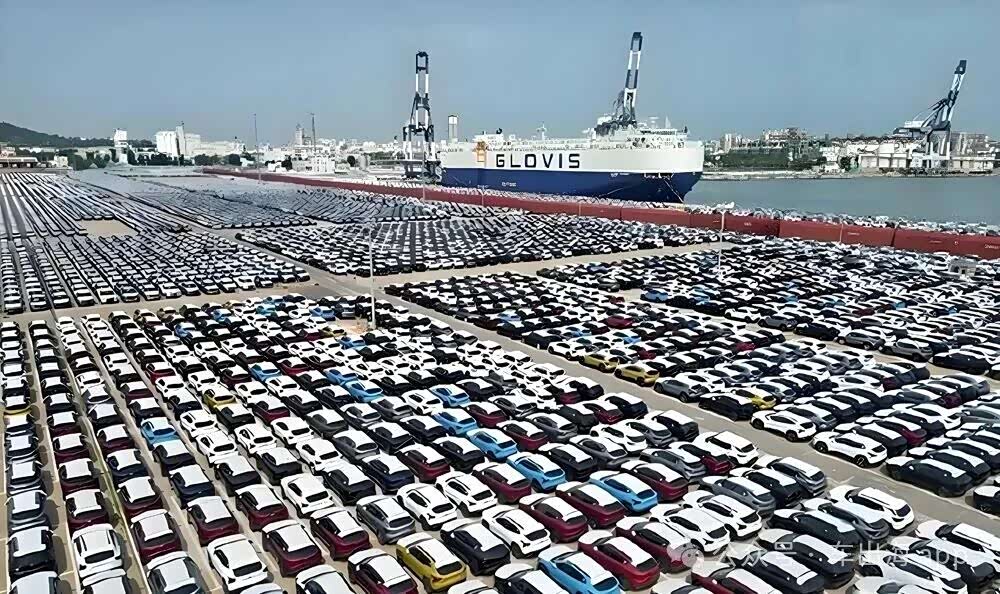
Export Management Standards and Procedures
Enterprises must meet specified standards and comply with post-authorization management.
Management procedures, access conditions, business management rules, and inspection mechanisms will be strictly implemented according to the notice issued by the Ministry of Commerce, Ministry of Industry and Information Technology, General Administration of Customs, State Administration for Market Regulation, and the National Supervision and Administration Commission regarding the continued management of export order for automobiles and motorcycles.
During EV export inspections, customs authorities will primarily rely on the current “Catalogue of Import and Export Goods Subject to Inspection.”
These agencies will conduct rigorous inspections based on the inspection catalogue, standards, and requirements to ensure product quality, safety, and environmental protection indices, thereby safeguarding the quality of exported products and the reputation of China’s new energy electric vehicle industry in the international market.
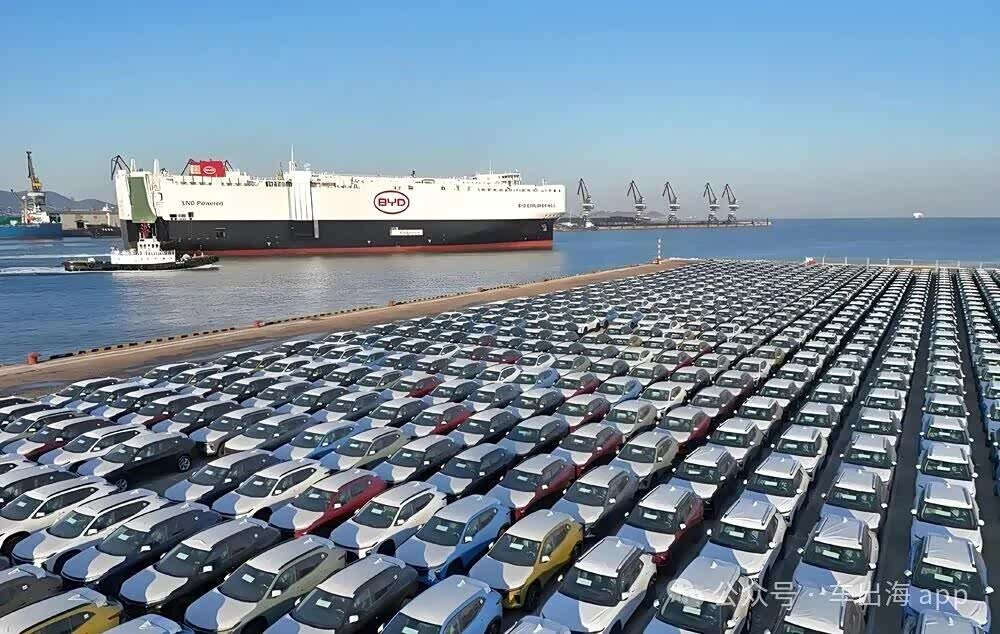
The implementation of export license management for EVs is a significant step in the comprehensive management of the development of the new energy electric vehicle industry and foreign trade regulation.
On one hand, through clear capability and process requirements, it can effectively prevent unfair competition and product quality disparities, thereby cleaning up the export market environment.
On the other hand, it helps guide enterprises to focus on technological innovation and product quality enhancement, driving China’s EV industry from “scale expansion” to “quality and efficiency improvement,” laying a solid foundation for the long-term competitiveness of China’s new energy electric vehicle industry in the global market.
China Launches Another Car Carrier Vessel Bound for Europe: Nearly Two Football Fields in Length, with a Capacity of 7,000 Vehicles
This is the second car carrier vessel from Chinese brand BYD, and it’s an impressive feat of engineering. With a focus on innovation and a commitment to sustainability, BYD is taking on the automotive industry by storm. This new vessel showcases their expertise and ambition, offering a glimpse into the future of automotive transportation.
The Ultimate SUV: Unveiling the All-New, Fuel-Efficient Vehicle from Vietnam’s $800 Million Auto Plant
The SUV in question is a direct competitor to the Hyundai Tucson and the Mazda CX-5. It boasts a sleek and muscular design, offering a powerful presence on the road. With its spacious interior, advanced technology, and impressive performance, it’s set to revolutionize the segment. This SUV is an exceptional vehicle, delivering an unparalleled driving experience that exceeds expectations.


